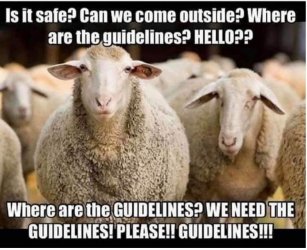The term "Cancel Culture" simply gives a specific name to the act of weaponizing Political Correctness.
So the Big Two illiberal strategies used by the illiberal elements of the Left (mostly) -- Identity Politics and Political Correctness -- now have a third, Cancel Culture.
So the Big Two illiberal strategies used by the illiberal elements of the Left (mostly) -- Identity Politics and Political Correctness -- now have a third, Cancel Culture.


